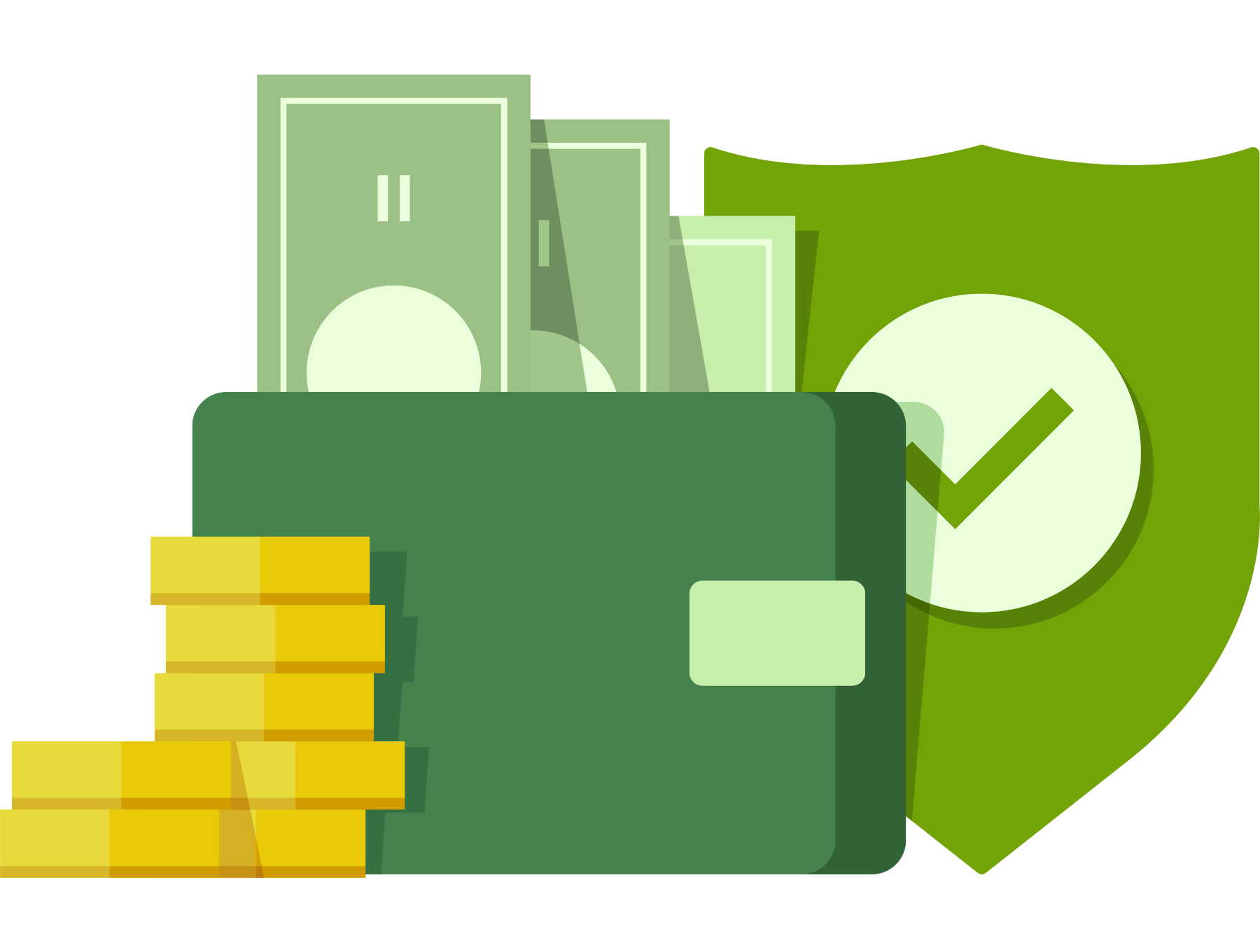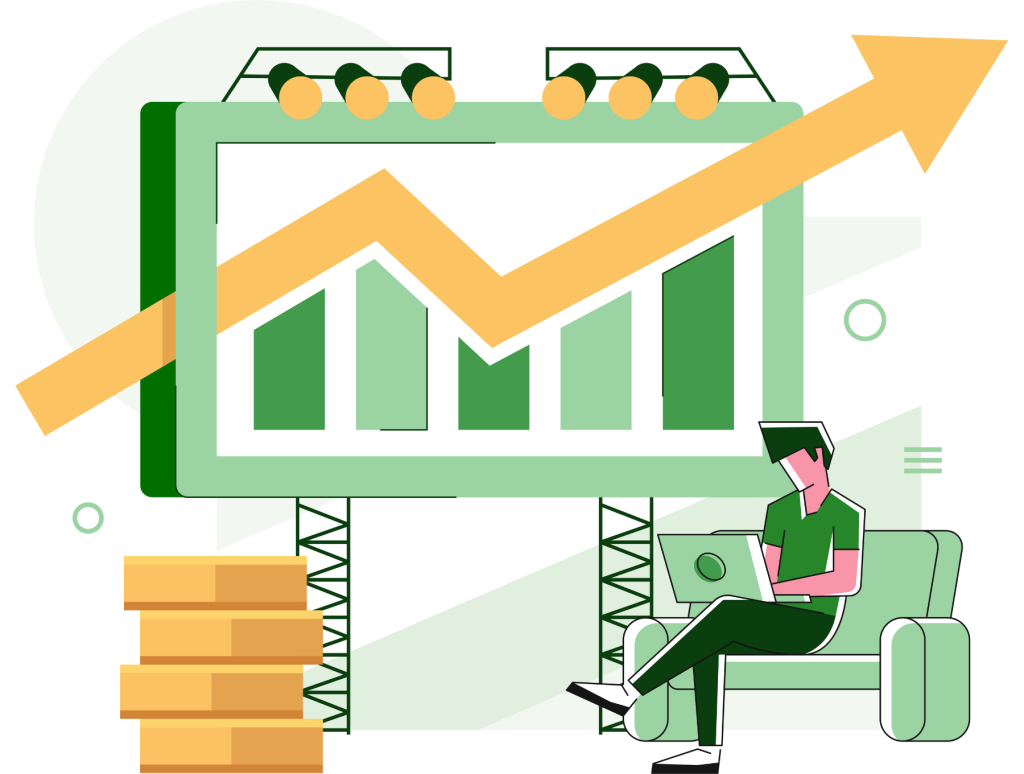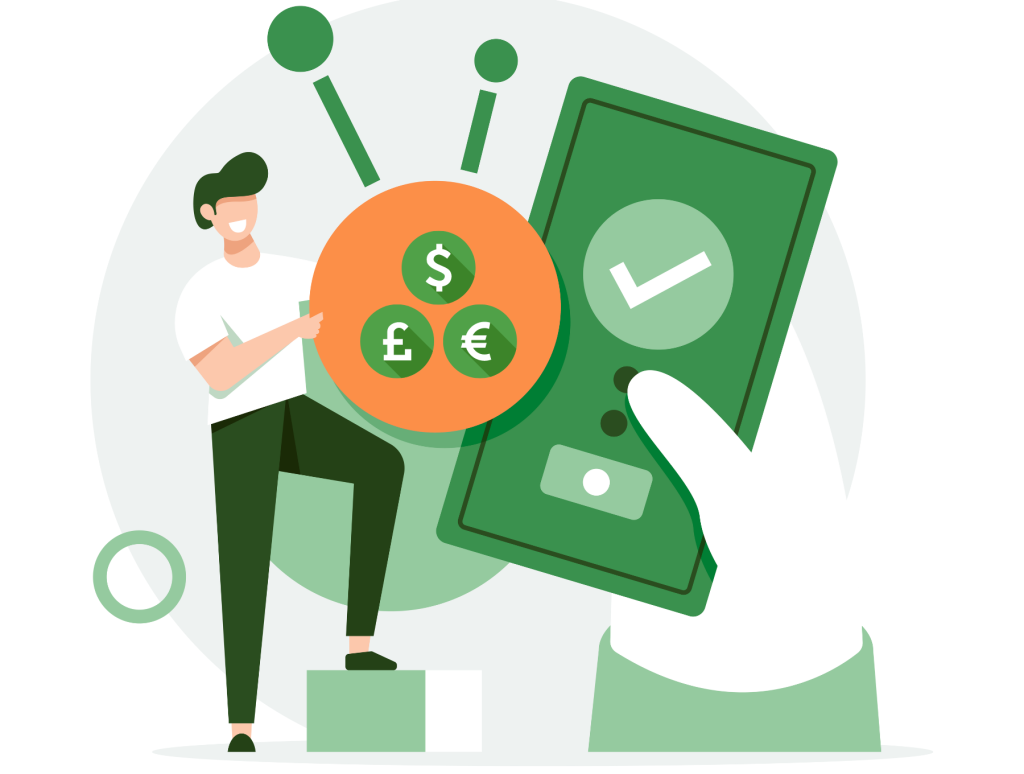
Borrowed funds for personal expenses
A personal finance loan is money borrowed for personal expenses, repaid over time with interest.
A personal finance loan can be a helpful tool when you need money for important expenses. It allows you to get the funds you need quickly and pay them back over time. This type of loan can help cover big expenses, such as paying for medical bills, fixing up your home, buying a car, or even going on a vacation. It can also help if you need to pay off debts or manage unexpected costs. However, it’s important to borrow responsibly, understand the loan terms, and make sure you can afford the monthly payments. By doing so, you can use a personal finance loan to improve your financial situation without creating more problems down the road.
How Does a Personal Finance Loan Work?
When you take out a personal finance loan, you borrow a specific amount of money from a bank, credit union, or online lender. This borrowed money is called the “loan.” You then agree to pay back the loan over a certain period of time. The time to pay back the loan could be a few months or several years, depending on the loan terms. Each month, you make a payment to the lender. This payment includes a part of the original loan amount (the “principal”) and an extra fee called “interest.” The interest is the cost of borrowing the money. The interest rate is usually fixed, meaning it stays the same throughout the loan term. The total amount you pay back will be more than what you borrowed because of the interest.
Who Can Get a Personal Finance Loan?
Most people can apply for a personal finance loan, but whether you get approved depends on a few things. Lenders look at your credit score, which is a number that shows how well you’ve handled money in the past. If you’ve paid your bills on time and have a good credit history, you’ll have a higher credit score, making it easier to get a loan with a lower interest rate. If your credit score is low, you might still get a loan, but the interest rate will likely be higher, meaning you’ll pay more over time.
How to Use a Personal Finance Loan?
Debt Consolidation
Merging multiple debts into a single loan with reduced interest costs.
Home Improvements
Paying for repairs or upgrades to your house.
Medical Expenses
Covering costs that insurance doesn’t pay for.
Major Purchases
Buying big items like a car or new appliances.
Unexpected Costs
Handling emergencies like car repairs or sudden bills.
Benefits of a Personal Finance Loan
Fixed Payments
You have a clear, consistent monthly payment, simplifying your budgeting.
Lower Interest Rates
Personal loans usually have lower interest rates than credit cards, helping you save money.
Flexible Use
You can spend the money on nearly any personal need.
Things to Be Careful About
Interest Costs
Remember that you’ll pay back more than you borrowed because of interest.
Fees
Some loans come with fees for things like applying, paying off the loan early, or making late payments. Review the terms thoroughly before accepting a loan.
Credit Impact
If you miss payments, your credit score could drop, making it harder to borrow money in the future.


